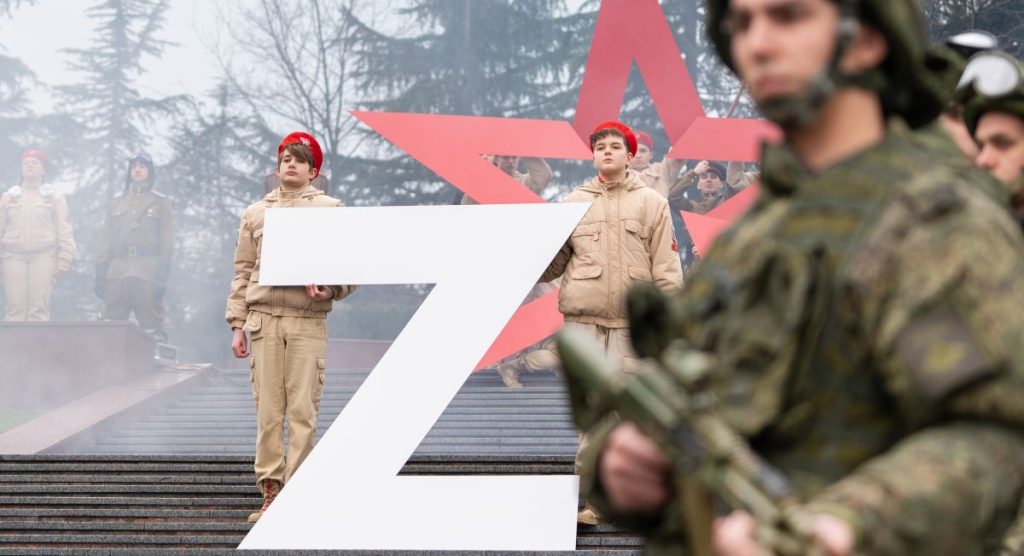The treatment of prisoners has been one of the clearest tests of humanity in conflict
Others are reading now
International law forbids cruelty, humiliation, or violence against captives, rules written to separate justice from vengeance.
Yet, even decades after the Geneva Conventions were signed, reports of abuse on the battlefield continue to surface.
Alleged war crime
Ukraine’s Security Service (SBU) has identified a Russian officer accused of mutilating a Ukrainian prisoner of war. Investigators say the commander carved the letter “Z” onto the prisoner’s forehead during interrogation.
The ‘Z’ symbol is widely used to represent Russia’s side of the invasion of Ukraine.
The suspect, Volodymyr Polupoltinnykh, leads the so-called “6th Independent Cossack Mechanized Regiment” of the self-proclaimed Luhansk People’s Republic.
Also read
According to the SBU, he personally took part in the act, which took place in occupied eastern Ukraine.
“The investigation established that Polupoltinnykh personally participated in the torture,” the agency said in a statement.
“It was documented that during one of the interrogations, he carved the letter ‘Z’ on the forehead of a Ukrainian prisoner with a knife.”
Pattern of abuse
Officials allege that on June 10, 2022, the commander ordered his subordinates to torture detained Ukrainian soldiers.
The SBU claims Polupoltinnykh has been active in combat since the start of Russia’s full-scale invasion, coordinating units that fought in eastern Ukraine.
Also read
The “Z” emblem, initially used to mark Russian military vehicles, has since become a symbol of support for Moscow’s offensive and a tool of propaganda.
Ukrainian investigators say its use in torture reflects the deliberate dehumanization of prisoners.
Legal consequences
The accused has been charged in absentia under international humanitarian law.
Ukraine’s prosecutors say his actions constitute a clear violation of the Geneva Convention on the Treatment of Prisoners of War, which bans any act that causes unnecessary suffering or endangers health.
The SBU noted that such incidents underscore the importance of accountability in wartime.
Also read
“Torture and other forms of abuse against prisoners are prohibited by international law,” the agency said, adding that the case will be pursued through national and international legal channels.
Sources: Security Service of Ukraine (SBU), Geneva Convention, EFE


